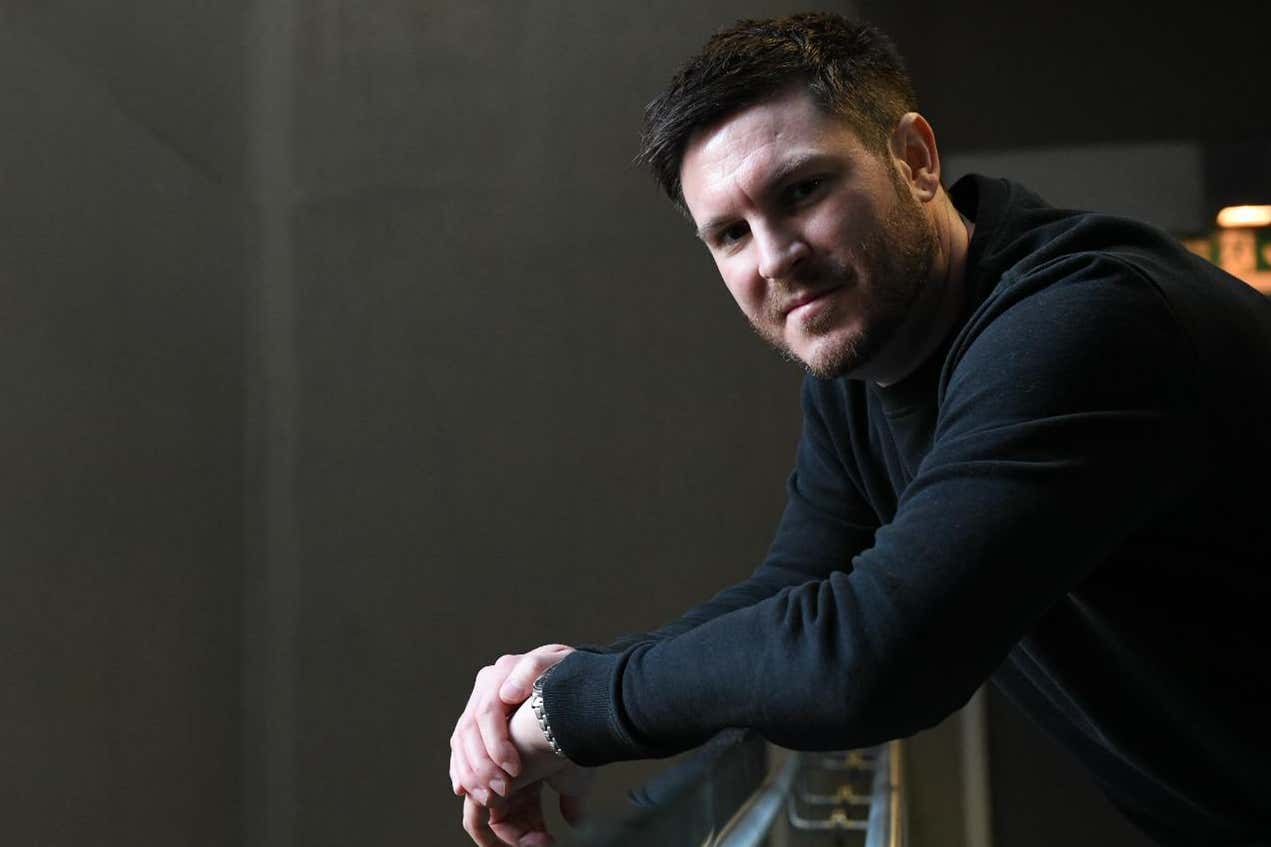New drug hope for children with primary bone cancer
The researchers said that CADD522 is the most important drug discovery in the field for more than 45 years.

Your support helps us to tell the story
From reproductive rights to climate change to Big Tech, The Independent is on the ground when the story is developing. Whether it's investigating the financials of Elon Musk's pro-Trump PAC or producing our latest documentary, 'The A Word', which shines a light on the American women fighting for reproductive rights, we know how important it is to parse out the facts from the messaging.
At such a critical moment in US history, we need reporters on the ground. Your donation allows us to keep sending journalists to speak to both sides of the story.
The Independent is trusted by Americans across the entire political spectrum. And unlike many other quality news outlets, we choose not to lock Americans out of our reporting and analysis with paywalls. We believe quality journalism should be available to everyone, paid for by those who can afford it.
Your support makes all the difference.A new drug that potentially works against all main types of primary bone cancer in children has been described by the scientists who developed it as “the most important drug discovery in the field” for nearly half a century.
Tests showed the medicine – called CADD522 – is able to block a gene associated with helping cancer spread in mice implanted with human bone cancer.
The researchers said the findings, published in the Journal of Bone Oncology, showed the drug can increase survival rates by 50% without the need for surgery or chemotherapy.
Lead researcher Dr Darrell Green, from the University of East Anglia’s Norwich Medical School, said: “Primary bone cancer is a type of cancer that begins in the bones.
This breakthrough is really important because bone cancer treatment hasn't changed for more than 45 years
“It’s the third most common solid childhood cancer, after brain and kidney, with around 52,000 new cases every year worldwide.
“It can rapidly spread to other parts of the body, and this is the most problematic aspect of this type of cancer.
“Once the cancer has spread, it becomes very difficult to treat with curative intent.”
At present, the treatment for bone cancers is chemotherapy and limb amputation, which has a 42% chance of survival.
The researchers said their “breakthrough drug” increases survival rates by 50% and does not come with harsh chemotherapy side-effects such as hair loss, tiredness and sickness.
For the study, the researchers analysed bone tumour samples from 19 patients at the Royal Orthopaedic Hospital in Birmingham.
They found that a gene, called RUNX2, is activated in primary bone cancer and is associated with driving the spread of the disease.
I wanted to understand the underlying biology of cancer spread so that we can intervene at the clinical level and develop new treatments so that patients won't have to go through the things my friend Ben went through
Tests showed CADD522 blocks the RUNX2 protein from helping cancer develop.
Dr Green said: “In preclinical trials, metastasis-free survival was increased by 50% using the new CADD522 drug on its own, without chemotherapy or surgery.
“I’m optimistic that combined with other treatments such as surgery, this survival figure would be increased further.
“Importantly, because the RUNX2 gene is not usually required by normal cells, the drug doesn’t cause side-effects like chemotherapy.
“This breakthrough is really important because bone cancer treatment hasn’t changed for more than 45 years.”
The researchers said the drug is currently undergoing toxicology assessment, after which the team will approach the MHRA (Medicines and Healthcare products Regulatory Agency) for approval to start a human clinical trial.
The research, funded by Sir William Coxen Trust and Big C, also included scientists from the University of Sheffield, Newcastle University, the Royal Orthopaedic Hospital, Birmingham, and the Norfolk and Norwich University Hospital.
Dr Green said he was inspired to study childhood bone cancer after his best friend died from the disease as a teenager.
He said: “I wanted to understand the underlying biology of cancer spread so that we can intervene at the clinical level and develop new treatments so that patients won’t have to go through the things my friend Ben went through.”